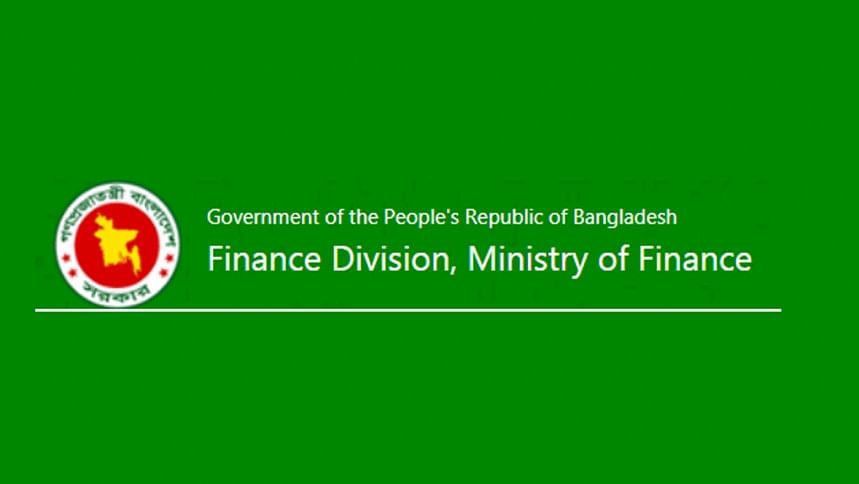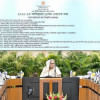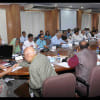Stop hasty year-end spending

The Finance Division has urged all government offices to rein in hasty expenditures at the end of each fiscal year as it destroys fiscal discipline and increases the government's borrowing cost.
Through a circular issued yesterday, the Finance Division asked all ministries, divisions and departments to take specific and timebound plans at the beginning of each fiscal year for ensuring proper implementation of the annual budget.
It also opined that proper and timebound implementation of the budget has become a challenge.
The Finance Division directed all the ministries, divisions and departments concerned to adopt quarter-wise budget implementation plans and to submit progress reports every three months at meetings of the budget management committee.
In addition, it directed the government offices to send their respective budget implementation plans to the Finance Division by September 20 and submit a budget implementation report within one month after the end of each quarter.
The Finance Division directed all ministries, divisions and departments concerned to adopt quarter-wise budget implementation plans and submit progress reports every three months
The pace of implementation of the annual development programme (ADP) usually remains slow at the beginning of each fiscal before speeding up at the fag-end of the year.
For example, the total ADP spending stood at Tk 2,03,783 crore in fiscal 2021-22 with a monthly average spending of Tk 16,981 crore.
But in June alone, the last month of a fiscal year, the amount of ADP spending was Tk 61,395 crore, which is around 28 per cent of the total spending.
Such rise in development spending at the end of a year increases the government's cost in terms of borrowing for having to take unforeseen loans.
In the same fiscal, the government borrowed a total of Tk 68,652 crore from the banking sector while in June, the amount stood at Tk 36,221 crore, which is more than half of the total borrowing that year.
In its circular, the Finance Division also stated that like the slow pace of revenue collection at the beginning of a year, expenditures other than salaries and allowances by different ministries and divisions also remain low.
The government offices usually take initiatives at the end of a year for spending on utility bills, repair works, construction and physical works or for purchasing goods.
The quality of government expenditure cannot be ensured in most cases due to such practices. Moreover, the government has to bear the burden of unplanned borrowing at the year's end and this disrupts fiscal discipline, it stated.
The division held the lack of proper planning in revenue collection and government expenditure responsible for the imbalance in the government's income and expenditure.
In the circular, the Finance Division directed all ministries and departments to formulate plans to finish the incomplete activities announced in the previous three budgets till 2021-22 and also for implementing the activities mentioned in the current fiscal.
It also gave directions for the submission of reports on the latest progress of those activities every three months.
The Finance Division emphasised on the need for ministries, divisions and departments to make their budget implementation plans at the beginning of the year, implement those plans properly and regularly monitor the process.
Besides, the division has already prepared some forms with the inclusion of the required regulations and procedures so that different ministries and divisions can adopt a proper plan for their budget implementation.


 For all latest news, follow The Daily Star's Google News channel.
For all latest news, follow The Daily Star's Google News channel. 







Comments